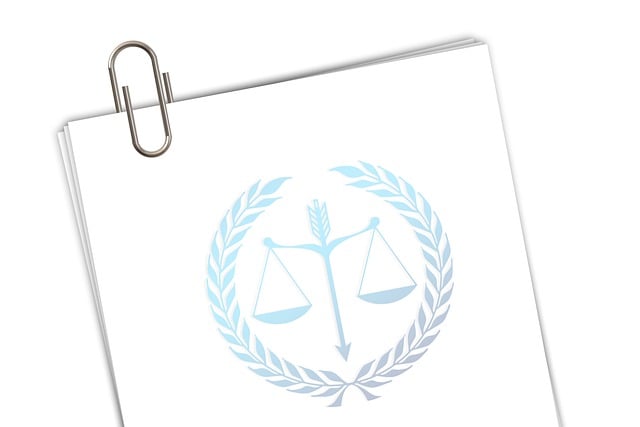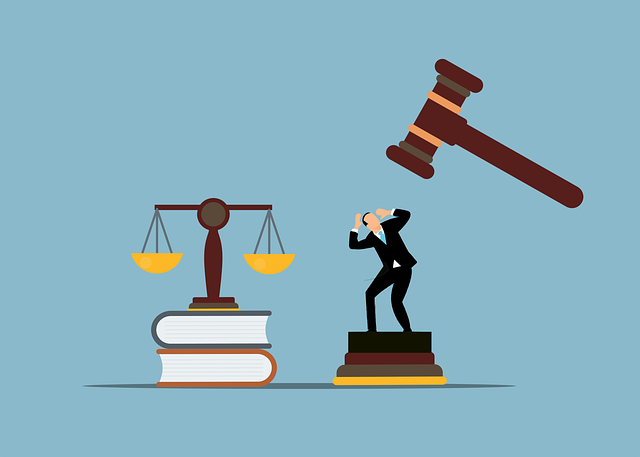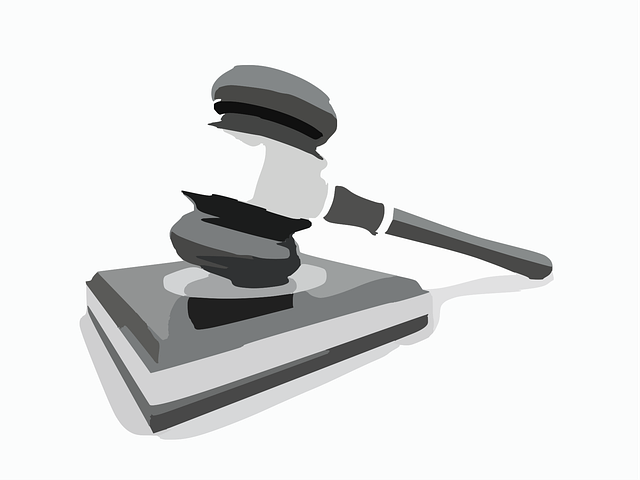Regulatory compliance is key to business success, with open dialogue, mediation, and legal counsel crucial for dispute resolution. Establishing clear communication channels, conducting regular audits, and implementing internal controls prevent future non-compliance issues. Effective strategies protect partnerships, foster collaboration, and ensure long-term business success by addressing conflicts uniquely while adhering to legal frameworks.
In today’s complex business landscape, regulatory compliance is non-negotiable. Understanding and adhering to laws and standards is crucial for every partnership, yet disputes can arise from differing interpretations or unmet expectations. This article guides you through the intricacies of resolving these conflicts, encompassing basic compliance principles, communication strategies, legal frameworks, and preventive tactics. Learn effective How to Resolve Business Partner Disputes, ensuring long-term success and harmony in your professional relationships.
- Understanding Regulatory Compliance Basics
- Identifying Disputes in Business Partnerships
- Effective Communication Strategies for Resolution
- Legal Frameworks and Their Role in Dispute Settlement
- Preventive Measures for Future Compliance Issues
Understanding Regulatory Compliance Basics

Regulatory compliance is a fundamental aspect of any successful business operation. It involves adhering to laws, rules, and guidelines set by governing bodies to ensure fair practices and protect consumers. At its core, understanding regulatory basics means recognizing the specific regulations relevant to your industry, implementing internal controls, and training employees to maintain a compliant environment. This proactive approach not only avoids legal penalties but also fosters trust among customers, investors, and the broader public, including philanthropic and political communities.
When disputes arise between business partners, especially those involving regulatory non-compliance, resolving them promptly is crucial for maintaining operational integrity. Engaging in open dialogue, seeking mediation, or employing the services of a general criminal defense attorney can help navigate these challenges. How to resolve such conflicts varies based on the nature of the dispute and respective business interests, but a key principle remains: ensuring that all parties involved adhere to relevant regulations, thereby promoting a sustainable and ethical business environment.
Identifying Disputes in Business Partnerships

Identifying disputes in business partnerships is a critical step in maintaining smooth operations and mitigating potential legal risks. Partners should establish clear communication channels and regular check-ins to prevent or address issues early on. By fostering an open dialogue, businesses can uncover discrepancies in expectations, interpretations of contracts, or strategic disagreements before they escalate.
When conflicts arise, it’s essential to approach them with a problem-solving mindset. How to resolve business partner disputes often involves a structured process. This includes gathering relevant information and documents, conducting interviews, and thoroughly reviewing all stages of the investigative and enforcement process. In high-stakes cases, avoiding indictment is paramount, making meticulous record-keeping and transparent communication even more crucial. Effective dispute resolution strategies can safeguard partnerships, ensuring long-term success and fostering a collaborative environment.
Effective Communication Strategies for Resolution

Effective communication is a cornerstone when it comes to resolving business partner disputes. The first step is to establish open and transparent dialogue between all parties involved. This requires clear, concise messages that address the core issues without escalating tensions. A structured approach can help; start by defining the problem, then work towards understanding each other’s perspectives, and finally, brainstorm solutions collaboratively.
Utilizing effective communication strategies, such as active listening, ensures that everyone feels heard and respected. This is particularly important in a diverse business environment where parties may have differing cultural backgrounds or language preferences. By fostering an environment of mutual understanding and trust, businesses can navigate complex disputes successfully. These methods not only help in resolving immediate conflicts but also strengthen the foundation for long-term, healthy partnerships across the country. Moreover, a winning challenging defense verdict is more attainable when clear communication leads to better collaboration and a shared commitment to resolution.
Legal Frameworks and Their Role in Dispute Settlement

Legal frameworks play a pivotal role in dispute settlement, particularly when it comes to resolving conflicts between business partners. These regulations provide a structured framework for handling disagreements, ensuring fairness and consistency. Understanding the applicable laws is essential for businesses as it equips them with the tools to navigate potential disputes effectively. By knowing their rights and obligations, companies can protect themselves from unnecessary risks and avoid indictment for non-compliance.
When a dispute arises between business partners, the legal framework guides the process, offering clear guidelines on mediation, arbitration, or litigation. This structured approach facilitates a resolution that is mutually agreeable and legally enforceable. Moreover, it helps in maintaining a level playing field, ensuring that each party’s interests are considered and respected throughout the dispute settlement process. Therefore, for his clients, understanding these legal aspects is crucial to managing and resolving business partner disputes efficiently while avoiding potential legal pitfalls.
Preventive Measures for Future Compliance Issues

To prevent future compliance issues, businesses should implement robust internal controls and conduct regular audits to identify and rectify weaknesses promptly. This includes establishing clear communication channels with all business partners to ensure transparency and adherence to legal requirements. Regular training sessions for employees on regulatory updates and best practices can significantly reduce the risk of non-compliance.
Additionally, having a well-defined dispute resolution mechanism in place is crucial, especially when dealing with business partner disagreements. Effectively managing these disputes through mediation or arbitration can avoid costly legal battles, enhancing the chances of winning challenging defense verdicts. Remember that a proactive approach to compliance, including learning from past mistakes and adopting a white-collar defense strategy, is key to safeguarding your organization’s reputation and financial health, thereby avoiding indictment.
Navigating regulatory compliance issues within business partnerships requires a multifaceted approach. By understanding basic compliance principles, identifying disputes early on, and employing effective communication strategies, companies can mitigate potential legal pitfalls. Leveraging robust legal frameworks facilitates efficient dispute settlement, while implementing preventive measures ensures future compliance. For businesses seeking to resolve partner disputes, adhering to these strategies is paramount in fostering strong, enduring partnerships.






